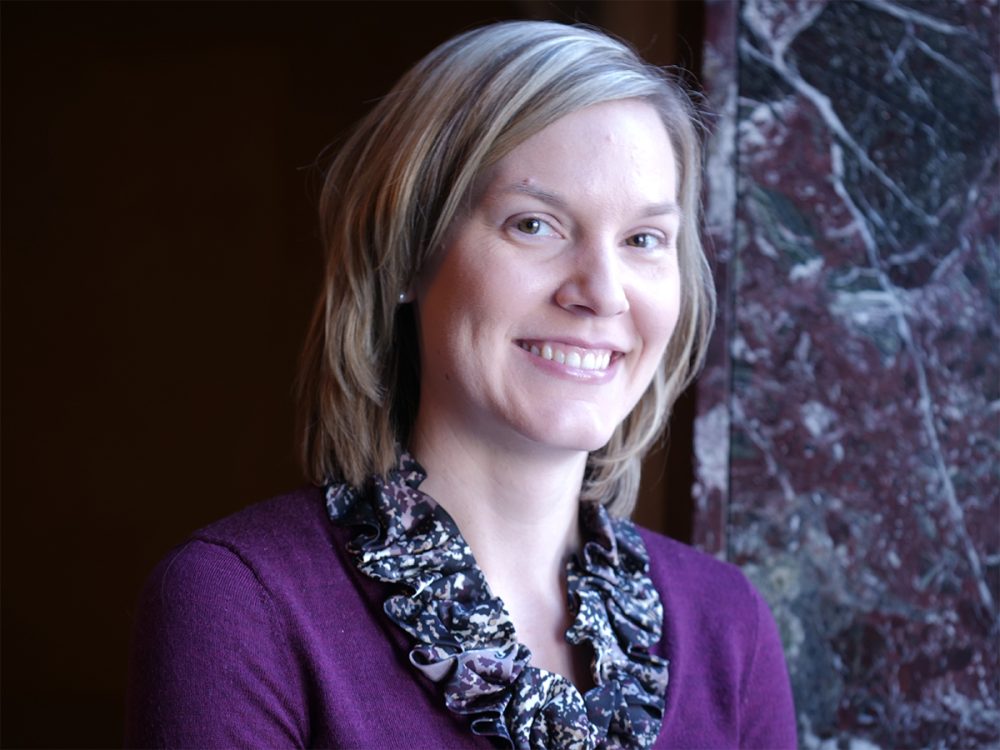Who am I? No, really, Who am I? This is a key question many of us find ourselves reflecting upon. It’s part of being human. And, at our core each and every one of us longs to know and be known. In a course I teach, we discuss identity and belonging at the beginning of the semester. At the start of class I often display the following quote, attributed to Charles Horton Cooley, to get us started:
“I am not what I think I am.
I am not what you think I am.
I am what I think you think I am.”
After allowing the words to sink in—go ahead, read them again for yourself—I lead the class in a reflection activity centered on identity, self-concept, and belonging. It is often a difficult reflection surrounded by distressed groans, whines, and complaints of discomfort; however, in the end many of the students reflect on how meaningful it was to sit and really reflect on who they are, how they perceive themselves, and how others perceive them.
I had to ask myself, “Who am I becoming?” And, upon evaluation: Is that who I want to become?
—Dr. Megan Brown, Associate Professor of Christian Ministries
Ultimately, perception is a huge part of self-concept, identity, and belonging. The way we perceive ourselves and the way others perceive us does indeed matter, though sometimes we like to pretend it doesn’t. For example, when my young son is told he cannot have or do something, he often responds, “Well, I didn’t want _______ anyway!” In reality, he did want ________. He is simply responding in a way that makes it seem as if he’s in control; he’s winning (but, we all know he’s not).
Many of us react in a similar way, even as adults, when it comes to how others perceive who we are . . . our identity. We especially do this in ministry settings. At the root of this behavior is often a deep need to belong, identify, and be known. However, before we can truly identify with or be known to the broader world, we must first know who we are from the inside out.
Having it “all together” and the ability to “do it all” is a treacherous pair of myths pastoral staff and ministry leaders often find themselves wading into. If we are not careful, before we know it, it’s a reality we are drowning in. It can become far too easy to allow our work to take over who we are, what we do, how we prioritize our time, and on and on the list can go. If we are not careful, ministry can become who we are, and doing can become central to our lives instead of being.
As a classic Type-A-check-off-the-list-achieve-the-next-thing-get-stuff-done kind of person, I had to learn this lesson the hard way. It wasn’t until a trusted mentor advised me, “You know, Megan, it’s not so much about what you do as it is who you are becoming in the process of the doing.” I had to ask myself, “Who am I becoming?” And, upon evaluation: Is that who I want to become? Is that who I was created, called, and set apart to become?
We all have to ask the hard questions. We all have to regularly check in. Because we are dynamic creatures, ever changing, growing, and developing, as people of faith we must regularly ask ourselves, “Who am I?” or “Who am I becoming?”
Asking these hard questions is imperative to both our personal and professional lives. Our inner development (or lack thereof) infiltrates all of our lives. It spills over, like an infinity pool, to our work place, home, inner thoughts, and the inner recesses of our beings. Identity work is hard work. However, it is necessary work if we long to be whole, healthy, life-giving people. Knowing, at our core, who we are, who we were created to be, and to whom we belong is how we in turn guide others toward that same sense of fulfillment, wholeness, and truth.
Ultimately, if our greatest desire is to know and be known—if our greatest quest is for belonging—we must first belong to God. We must first find our identity in Christ alone. We must cling to the words in 1 John 3:1a, “How great is the love the Father has lavished on us, that we should be called children of God! And, that is what you are!”
May we cling to that truth. May we live in light of that reality as both children of God and those privileged to lead. And, may we lead others in the quest for the same life-giving sense of self, identity, and belonging.


